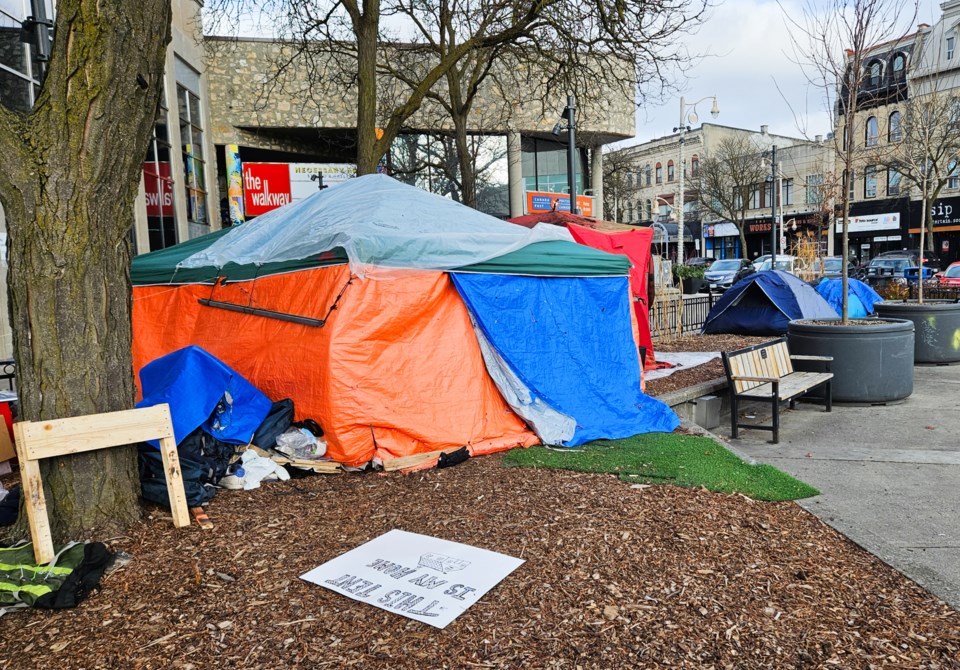NEWS RELEASE
ASSOCIATION OF MUNICIPALITIES OF ONTARIO
*************************
Today, the Association of Municipalities of Ontario (AMO) released a comprehensive study that reveals the unprecedented and growing toll of homelessness on individuals, families, communities, and governments. It outlines the risk of inaction and how we can work together toward a solution.
The study was conducted by HelpSeeker Technologies, in partnership with AMO, the Ontario Municipal Social Services Association (OMSSA) and the Northern Ontario Service Deliverers Association (NOSDA).
Ontario is at a tipping point in its homelessness crisis. More than 80,000 Ontarians were known to be homeless in 2024, a number that has grown by more than 25 per cent since 2022. Without significant intervention, homelessness in Ontario could double in the next decade, and reach nearly 300,000 people in an economic downturn. “The scope and scale of homelessness across Ontario’s municipalities is truly staggering,” said Robin Jones, AMO President. “Without real and meaningful provincial action, the quality of life and economic prosperity of Ontario’s communities is at risk. We can solve this crisis, but we need to work together.”
The crisis stems from decades of underinvestment in deeply affordable housing, income support and mental health and addictions treatment, combined with escalating economic pressures on communities.
Ontario is the only province where responsibility for social housing has been downloaded to municipalities. Municipal funding for housing and homelessness programs has grown significantly in recent years, totalling more than $2.1 billion in 2024. Meanwhile, recent provincial investments represent just a fraction of what’s required, offering nominal increases to already overstretched shelter and housing programs.
The report proposes a fundamentally new approach that focuses on long-term housing solutions over temporary emergency measures and enforcement:
An estimated additional $11 billion over 10 years could end chronic homelessness by boosting the supply of affordable housing, improving transitional and supportive services, and enhancing prevention programs. An additional $2 billion over 8 years could largely eliminate encampments.
AMO urges provincial and federal governments to take significant, long-term action on affordable housing, mental health and addictions services, and income supports to fix homelessness to improve communities’ economic foundations and quality of life.
The full report and backgrounder provide a detailed analysis and actionable solutions for governments and stakeholders.
*************************



